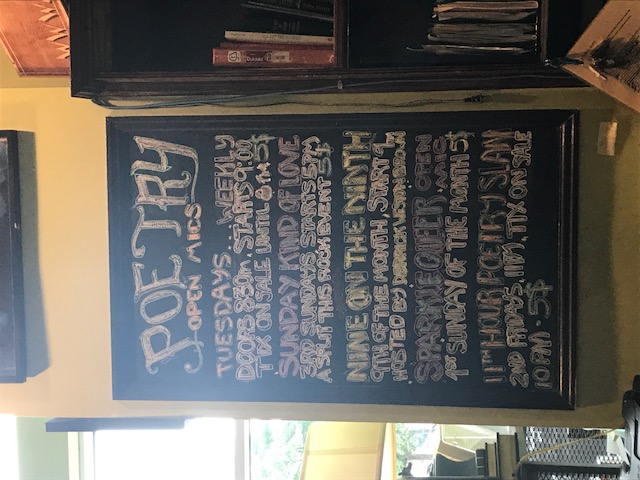“This building will sing for all of us”: The National Museum for African American History and Culture
It took almost a hundred year to create The National Museum for African American History and Culture. The initatives began in 1915, when a group of veterans from the Union Army gathered for a memorial ceremony and parade. Frustrated by the racial discrimination they were still facing, they decided to form a committee for a memorial monument over African Amerian achievements and accomplishments. And they did have som success: In 1929 president Hoover appointed a commission for “a National Memorial Building showcasing African American achievements in arts and sciences”. And then nothing happen. For decades all attempts to get funding from congress fell through. Despite renewed efforts in the 70ies, no bill ever mananged to get enough support to pass. Funding was always the issue, or the excuse. It wasn’t until 2003 that congress approved of an expense of 17 million dollars for the planning of the museum.
Freelon Adjaye Bond/SmithGroup won the design competition and set out to create it. The architecture is inspired from all of Africa, and from the rich history of African American culture all over the US, “reflecting optimism, spirituality, and joy, but also acknowledging and incorporating the ‘dark corners'”, as the instructions for the design competition stated it. The corona is inspired by the three-tiered crowns used in Yoruban art from West Africa. By wrapping the entire building in an ornamental bronze-colored metal lattice, Adjaye pays homage to the intricate ironwork crafted by enslaved African Americans in Louisiana, South Carolina, and elsewhere. The openness to light is symbolic for a museum that seeks to stimulate open dialogue about race and help promote reconciliation and healing. From the topmost corona, the view reaches ever upward, reminding visitors the Museum is an inspiration, open to all as a place of meaning, memory, reflection, laughter, and hope. This design is also architecturally practical and sustainable. This building is the first museum on the Mall designed to sustainability standards, serving as the Smithsonian’s ‘Green Flag.’ In 2018, the museum was officially awarded LEED Gold Certification. All this according to the webpage of the museum.
Mixed facts: Oprah Winfrey donated som 21 millions to the project. The museum opened in september 2016. Last year, some 2.4 million visitors passed through its doors. This year, by August, it had had 1.7 million visitors.
“We’ve got to tell the unvarnished truth” – John Hope Franklin
The historical exhibition begins three floors or some twenty metres underground. In the elevator the years are counting down as you descend, as you travel backward in town towards the 15th century and the start of modern slavery and the North Atlantic slave trade. This was the first time in history that slavery was permanent, inherited and linked to the colour of your skin. At this point, the exhibition follows to parallell threads: changes within European nations that led to them to slave trade, and how different African kingdoms and cultures resisted it. It tells, amongst others, the story of the brillian queen Nzinga, and about the Igbo-people, who was particularly intense in their resistance. Many of them committed suicide rather than live in slavery, and they called it “to fly home.”
“If one minute’s freedom had been offered to me, and I had been told I must die at the end of that minute, I would have taken it” – Elizabeth Freeman
One of the things I appreciated most about all the exhibitions was the intense focus on agency and resistance: it did tell the unvarnished truth, but that story also contains the many and varied strategies adopted by African American individuals, organizations and communities. One of them was Elizabeth Freeman, the first person to file and win a freedom suit in Massachussets. Her suit, Brom and Beth vs. Ashley in 1718, effectively ended slavery in the state.
“I am pleased that God made my skin black, but I whish He had made in thicker” – Curt Flood
After three floors of chronological history, the museum instead chooses a thematic approach to showcase African American achievements within music, entertainment, the stage and sport.







